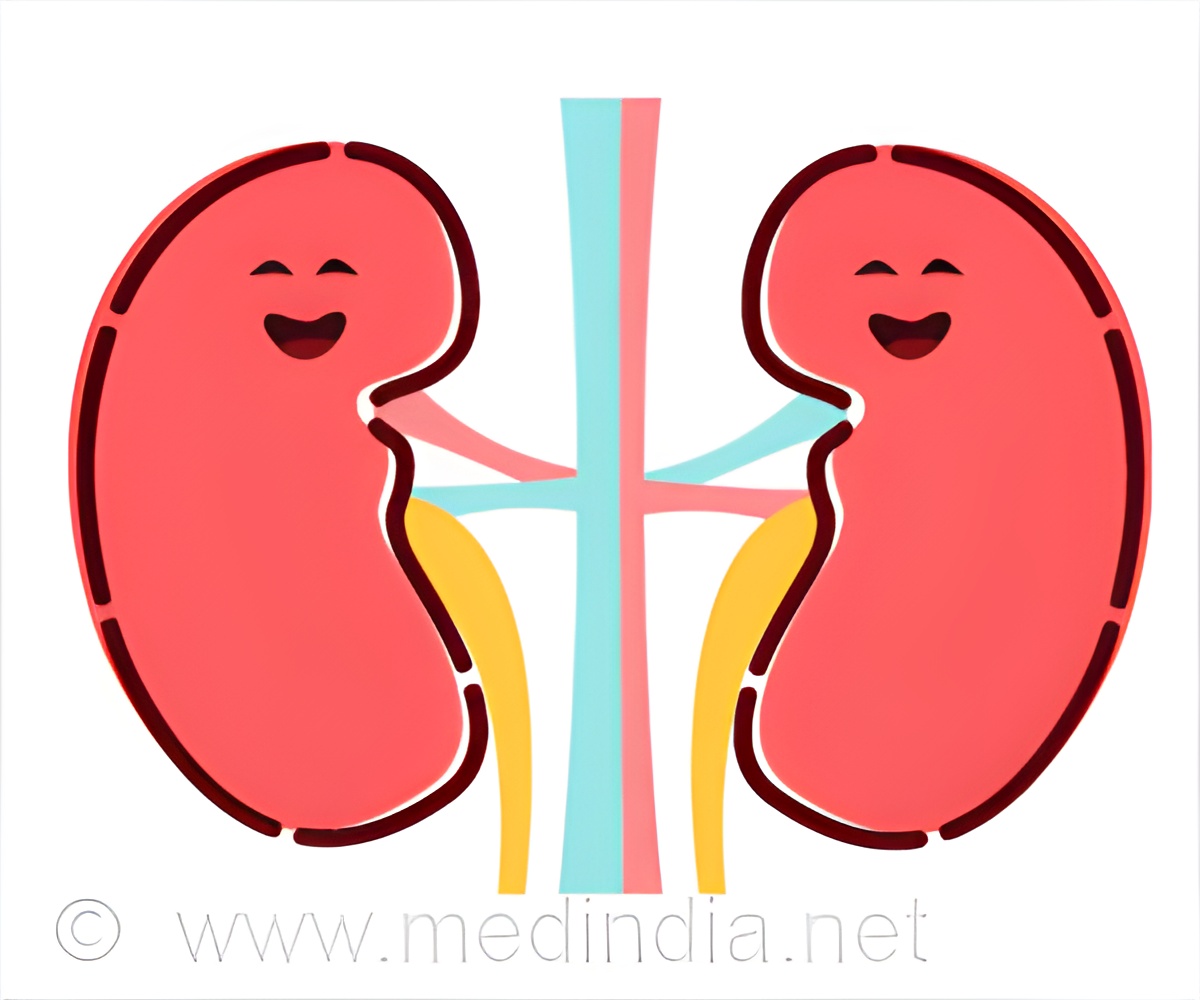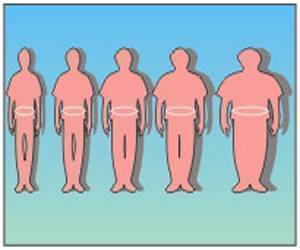In an experimental study, it was found that an obesity drug can help prevent kidney stones in at-risk individuals. £]3-agonist helps reduce the expression of adipocytokine molecules that are linked to inflammation.

- Obesity drug helps prevent kidney stones in at-risk individuals
- Free fatty acids cause inflammation and cytotoxic effects in kidneys that lead to kidney stones
- £]3-agonist helps reduce the expression of adipocytokine molecules that are linked to inflammation
TOP INSIGHT
£]3-agonist is the drug that helps reduce the expression of adipocytokine molecules that are linked to inflammation, and can prevent kidney stones.
The developed world is experiencing something of an epidemic of kidney stones.
The EAU estimates that about 50 to 60million Europeans suffer from kidney stones, i.e., 1 in 11 Europeans, which is equivalent to the population of a vast European country like the UK, France or Italy.
Also, the US has a similar number of sufferers. Kidney stone incidence has nearly doubled over the last 20 years.
Doctors think that this increase is due to increasing obesity, and diet and lifestyle changes.
A group of Japanese scientists has discovered that an experimental drug can reduce the number of kidney stones in mice. They gave 20 mice 1mg/kg of the £]3- agonist CL316243 for 12 days.
At various time points, the mice were then checked to see if they had formed stones: the formation of stones decreased to 17.0 percent in the experimental group, compared with the controls.
This is an experimental study, for now, said lead researcher Dr. Teruaki Sugino (Nagoya City University Graduate School of Medical Sciences, Japan).
Dr. Teruaki Sugino also said, "But I believe that this may open the way to the development of the new drugs which can stop the development of kidney stones in at-risk people. So far we have only tested this on mice, but in mice, it seems to work."
They were able to analyze the biochemical differences between the control and experimental group. The results showed that the £]3-agonist reduced the expression of adipocytokine molecules that are linked to inflammation.
Findings of the Study
The research team believes that free fatty acids cause inflammation and cytotoxic effects in kidneys that lead to kidney stones.
£]3-agonists are known to cause fat white cells (which are found in excess in overweight and obese persons) into beige fat cells, which burn extra calories, which is why these molecules are also being considered for anti-obesity uses.
The research team suspects that beige cells absorb free fatty acids, which could be the cause of inflammation in the kidneys that leads to kidney stones. This means that £]3-agonists have the potential to prevent obesity and also kidney stones.
Professor Thomas Knoll (Universitª¼t T¬Übingen, Germany) said, "Renal stones affect many people and have a high economic impact, so it's a pity that we still have an only rudimentary understanding of why stones form."
Metabolic factors play an essential role, and this work contributes to unraveling the pathogenesis.
Scientists reveal that there have been decades of urine crystallization studies and have not still advanced in the field. However, they hope that this study could lead more researchers investigating on this topic. (Professor Knoll was not part of this study, and it is an independent comment).
Currently, potassium-sodium citrate drugs are being used to stop the development of kidney stones. However, these drugs cannot be used by some people, as they need to limit their intake of potassium and sodium.
The limitations of the study were that it had been conducted on animals and so cannot be applied to humans. The molecule has not yet been tested for its tolerability, efficacy, or cost. This is an initial 'proof-of-concept' study and needs to be done on the much larger sample.
Source-Medindia
 MEDINDIA
MEDINDIA




 Email
Email










